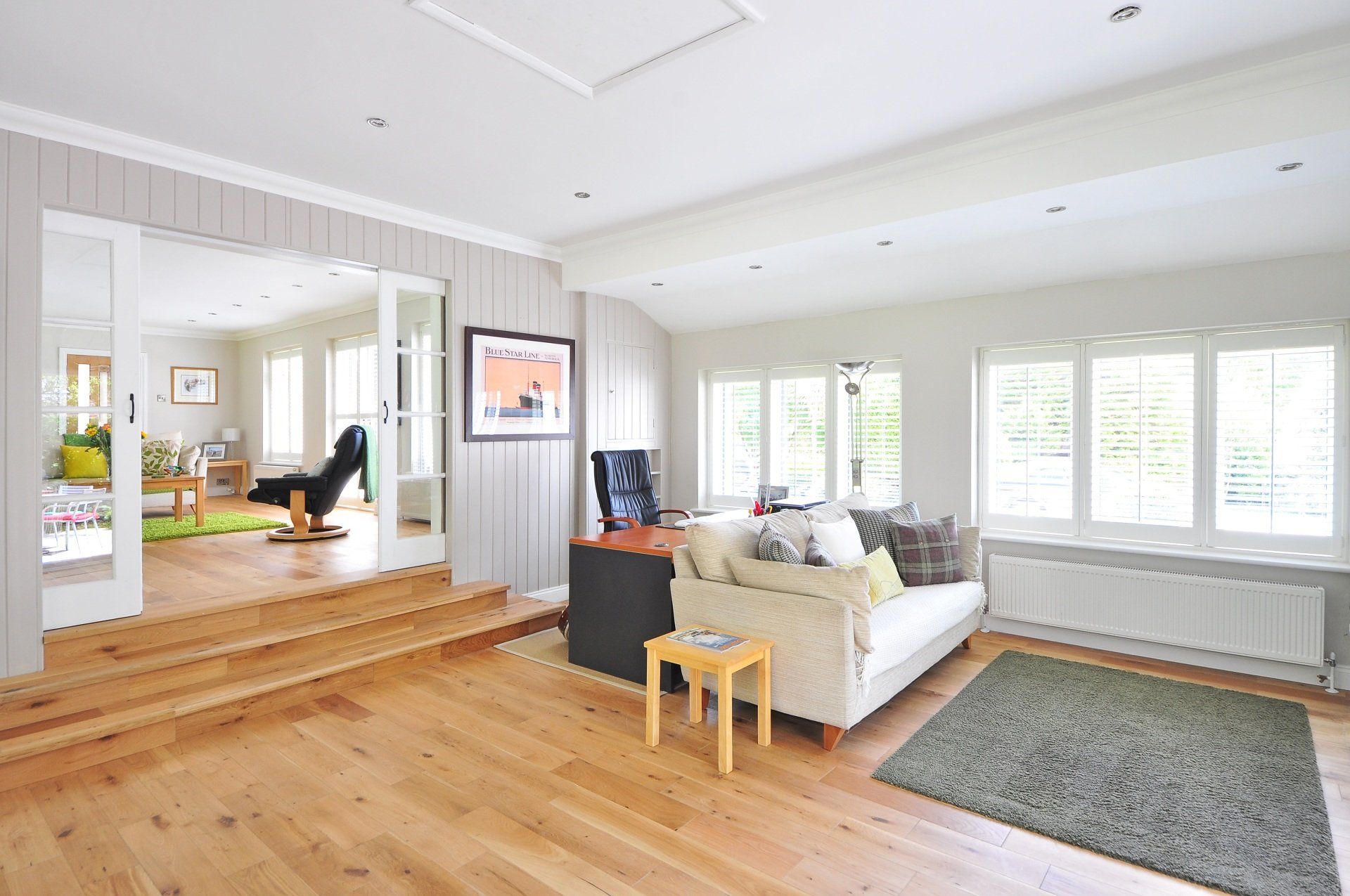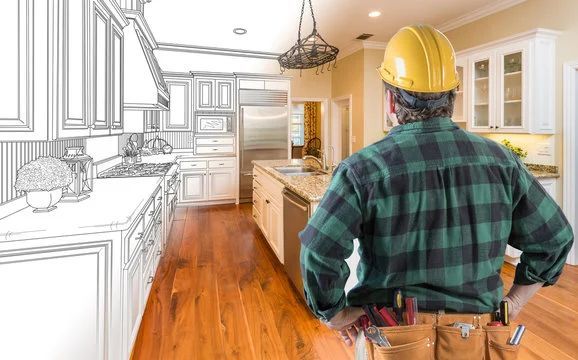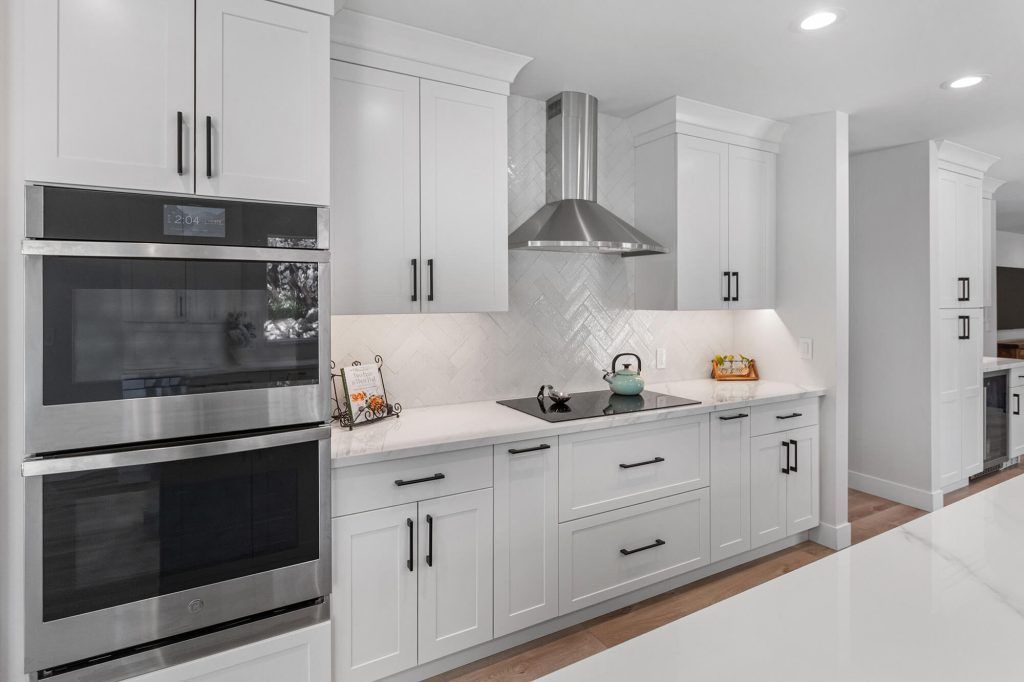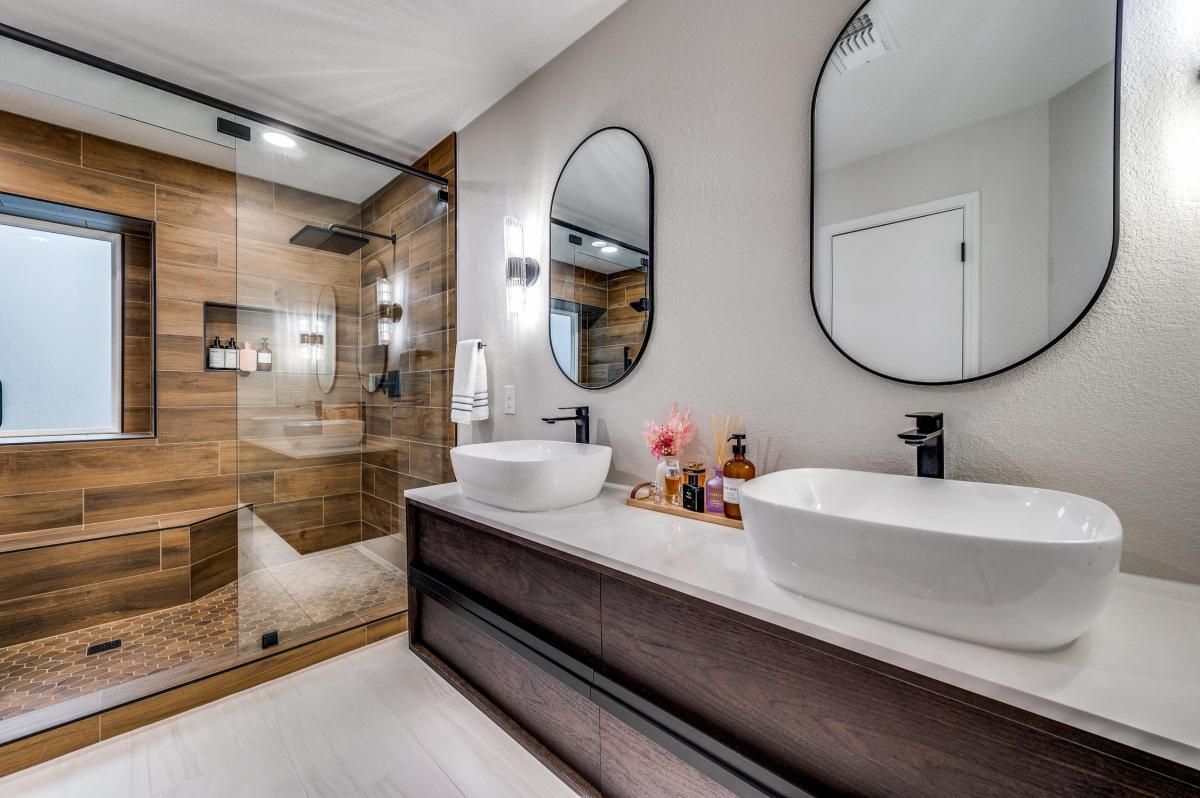Basement Flooring Options: Compare different flooring materials suitable
The basement is one of the most versatile spaces in any house. It can be an extra living space, a home office, a game room, or a storage area. It's a common space for laundry, gym equipment, and even home theaters. With so many uses, homeowners need to select flooring options that are not only durable but also functional.

In this comprehensive guide, we'll explore the most popular basement flooring options: carpet, hardwood, laminate, and epoxy. We'll compare their durability, moisture resistance, ease of installation, and cost. By the end of this article, you'll know which flooring option meets your basement's unique needs.
1. Carpet
Carpet is a trendy choice for people who want a plush and cozy atmosphere in their basement. However, carpet is not the best flooring option for a basement. Basements are typically high-moisture areas, and carpets absorb moisture, which leads to mold and mildew growth.
Moreover, carpets don't last long in basements, mainly when water seeps into the fibers. If you want a warm and comfortable feel to your basement, a carpet tile or a low-pile carpet, combined with a moisture barrier, would be a better option than a traditional carpet.
2. Hardwood
Hardwood is an excellent choice for a basement that doesn't experience excessive moisture or flooding. Flooding is a common problem with basements, so homeowners should consider installing engineered hardwood instead of solid hardwood. Engineered hardwood flooring is made of a composite material topped with a hardwood veneer. It's more moisture-resistant and lasts longer in the basement environment.
3. Laminate
Laminate flooring is a popular choice for basement flooring because it's easy to install, durable, and moisture-resistant. Laminate flooring is made of multiple layers, with a high-density core that makes it resistant to moisture damage.
However, some laminates can still get damaged if exposed to long-term moisture buildup, which could lead to mold, mildew, or warping. To avoid this, you could install an underlayment that provides extra moisture protection to your laminate flooring.
4. Epoxy
Epoxy flooring is an excellent choice for basements because it's not only waterproof and moisture-resistant, but also attractive and very durable. Epoxy floors are made of a combination of resins and hardeners, which create a thick coating that adheres perfectly to the concrete surface of your basement.
Epoxy flooring is very resilient, requires little maintenance, and comes in various color patterns. It's also hypoallergic and resistant to scratches, not to mention it's easy to clean and maintain. The only downside is that epoxy flooring requires professional installation and is one of the more expensive options.
It's essential to choose the right basement flooring for your lifestyle, budget, and living situation. Each flooring option has its unique pros and cons, and what works effectively for one person may not work for another. Carpet is cozy but absorbs moisture, hardwood is durable but susceptible to water damage, laminate is affordable but can get damaged if exposed to excessive moisture, and epoxy is waterproof but might be too costly for some homeowners.
After reading this guide, you should have a better understanding of which basement flooring material works best for your needs. With proper research and planning, you can find the flooring that fits your basement's unique style and functionality to make it a comfortable and convenient space in your home.



